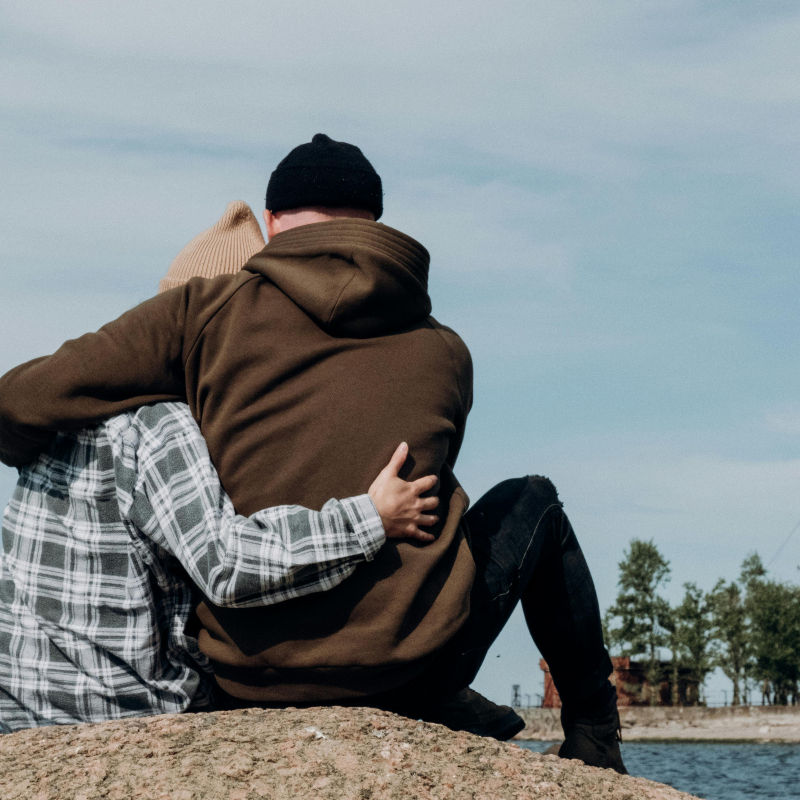Relational Recovery in Orinda, CA: Rebuild Trust, Connection, and Hope
- Keith York LMFT

- Nov 5, 2025
- 3 min read
Updated: Nov 28, 2025
Healing after betrayal, disconnection, or conflict is possible — and you don’t have to do it alone. Discover a grounded, no-nonsense path to lasting change.
By Keith York, LMFT Couples Therapist in Orinda, CA

“We’re not the same anymore.”
If you've found yourself whispering those words — in your head or out loud — you're not alone.
Many people seeking relational recovery feel stuck in a painful in-between: their relationship has been wounded, but the desire to heal remains.
Whether you're navigating the aftermath of betrayal, emotional disconnection, chronic conflict, or years of silence, the road to recovery may feel overwhelming… even impossible.
But here's the truth: healing is possible.
Not easy, not quick — but absolutely possible with intention, support, and the right guidance.
What Is Relational Recovery?
Relational recovery is the process of rebuilding trust, emotional safety, and connection in a relationship that has been hurt or broken.
It's not about “going back” to how things used to be – here at East Bay Relational Recovery we say “the enemy is not each other, it’s more of the same” — it's about creating something new and healthier than before.
This process can take many forms:
Healing after infidelity or betrayal
Moving out of codependent patterns
Learning to communicate with empathy, not defense
Rebuilding intimacy after years of distance
Setting healthy boundaries without guilt
Sometimes both partners engage in the work. Other times, one person takes the first courageous steps toward change. Either way, healing begins when you decide that the pain doesn’t have to define the future.
Why It Hurts So Much
When trust is broken or when emotional connection fades, it often triggers deep fears:
“Am I not enough?”
“Will I always feel this lonely?”
“Is this the end?”
These fears are real — and they deserve compassion, not shame.
In therapy, we help clients understand how both current and past wounds (even from childhood or previous relationships) can show up in current relational struggles.
Together, we untangle those threads so you can respond with clarity instead of reactivity.
What Healing Looks Like
Healing doesn’t mean pretending nothing happened. It means:
Owning what’s yours, without carrying what isn’t
Learning how to listen and be heard
Holding space for grief and hope
Rebuilding slowly — with patience and purpose
Sometimes healing leads to reconciliation.
Sometimes it leads to peaceful separation.
Either way, recovery offers you the opportunity to become whole, whether as a couple or as an individual ready for healthier relationships in the future.
You Don’t Have to Do This Alone
Relational pain thrives in isolation.
But healing?
Healing begins in safe, supportive connection — the kind that therapy is uniquely designed to offer.
If you’re ready to take the first step toward relational recovery, we’re here to walk with you. Whether you're navigating this alone or with a partner, you deserve support, clarity, and hope.
You don't have to have all the answers today. You just have to be willing to begin.
Interested in starting your relational recovery?
Schedule a free consultation to explore how therapy can support your healing journey.
We have in-person treatment in the Lamorinda area and online throughout California.
Written by Keith York, LMFT, a licensed Marriage and Family Therapist in Orinda, California, serving Orinda, Lafayette, Moraga, and the greater east bay area of San Francisco. Keith specializes in couples therapy with a focus in Gottman Method Therapy and Relational Life Therapy.
For more information about Keith please click here:



Comments